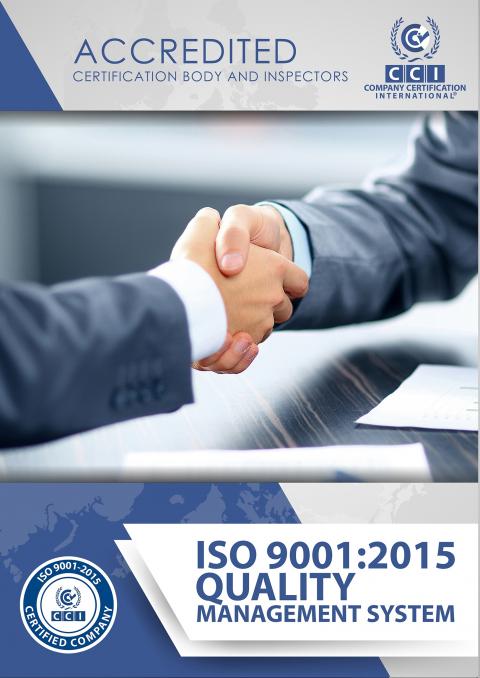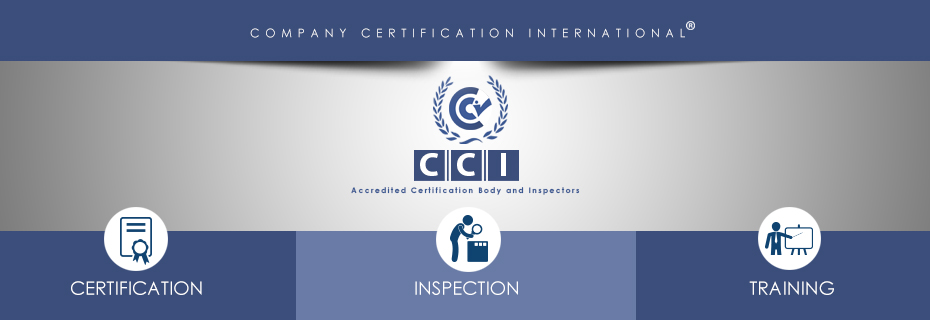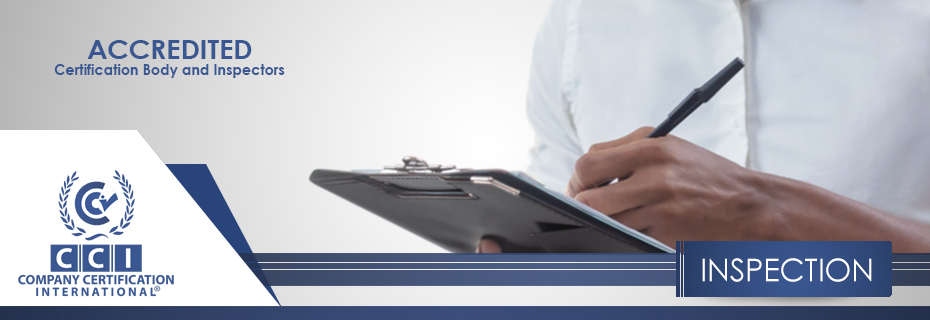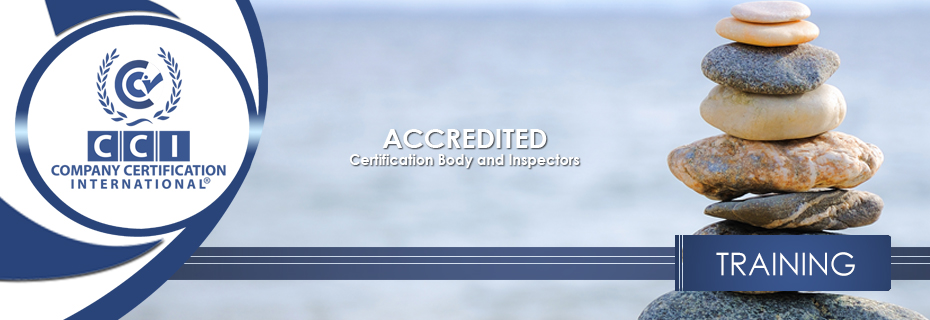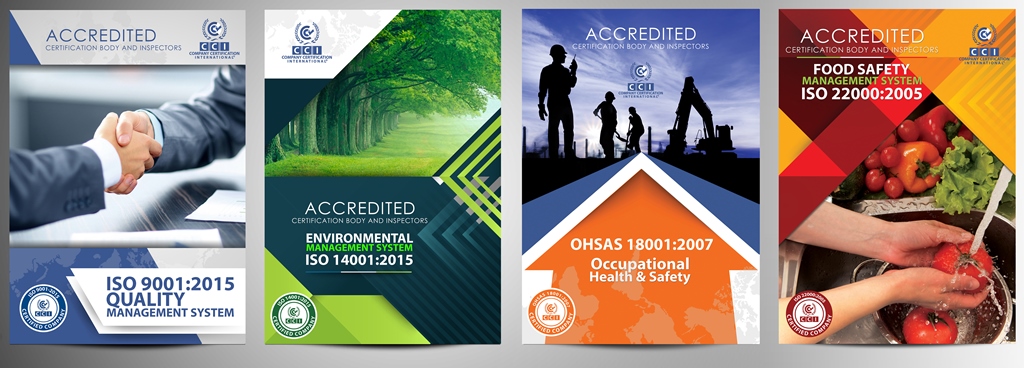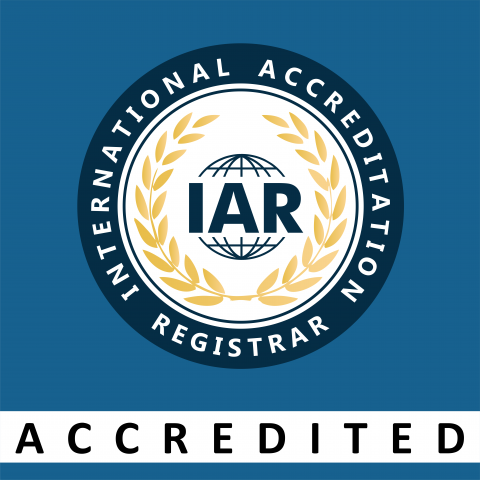ISO 9001 Certification for Your Business
What is ISO 9001 Certification?
An acknowledged international standard for quality management systems (QMS) is ISO 9001. It offers a systematic method for managing your company's operations to guarantee consistent product or service quality, client happiness, and ongoing improvement.
Key Elements of ISO 9001
Quality Policy: Developing a clear quality policy that aligns with your organization's goals is crucial. It serves as the foundation for your QMS.
Process Mapping: Identifying and documenting your core processes is vital. This helps in understanding how various parts of your organization interact and ensure efficiency.
Risk Assessment: Assessing and mitigating risks to your processes is essential to prevent issues before they arise.
Resource Management: Allocate resources effectively to support your QMS, including personnel, infrastructure, and technology.
Monitoring and Measurement: Regularly monitor and measure processes to identify areas for improvement.
Continual Improvement: Foster a culture of continuous improvement within your organization. Encourage employees to provide suggestions for enhancing processes.
Benefits of ISO 9001 Certification
ISO 9001 certification offers a myriad of advantages for businesses of all sizes and industries:
1. Enhanced Credibility
ISO 9001 certification is a globally recognized mark of quality. It demonstrates your commitment to meeting and exceeding customer expectations.
2. Improved Efficiency
By streamlining processes and reducing waste, ISO 9001 leads to increased efficiency and cost savings.
3. Customer Satisfaction
At the heart of ISO 9001 is a commitment to customer satisfaction. Happy customers are more inclined to buy from you again.
4. Competitive Advantage
ISO 9001 certification sets you apart from competitors who may not have such a robust quality management system.
5. Regulatory Compliance
Meeting ISO 9001 standards often aligns with regulatory requirements in many industries, reducing the risk of non-compliance.
Steps to Attain ISO 9001 Certification
Achieving ISO 9001 certification involves a well-structured approach:
1. Gap Analysis
Conduct an initial assessment of your current processes to identify gaps and areas needing improvement.
2. Documentation
Create and document your QMS, including quality policies, procedures, and work instructions.
3. Training
Ensure that your employees are trained to understand and follow the QMS.
4. Internal Audit
Regularly conduct internal audits to identify non-conformities and make necessary corrections.
5. Certification Audit
Choose a reputable certification body to perform an external audit of your QMS.
6. Continuous Improvement
After certification, continue to monitor, measure, and improve your processes.
Conclusion
In conclusion, obtaining ISO 9001 certification is a crucial step toward making sure that your company upholds the highest standards of quality. Along with increasing your trust, it also improves productivity, client satisfaction, and competition. By taking the steps mentioned in above, you may start the process of becoming ISO 9001 certified for further details Contact Us.
The Certification Process
Online gap analysis allows us to see the current
- quality benchmark within your organization,
- the finances required
- the time required for this project (System and Certification Fee)
Your Estimate will be shared with you in 24 hours.
Upon Estimate Approval the project starts:
- A client executive is assigned to your project
- Contact information is shared with you
- The Payment details are provided to you
All Support is delivered Online.
The Client Executive will provide the Documentation Templates and explain to you how to amend it.
You will be required to perform the following tasks:
- Identify your core or business processes.
- Amend documentation that meets your business needs. (Policy statements, objectives, manuals, work instructions, job descriptions, forms.)
- Encourage employees to be aware of the new documented system
- Review, approve, and distribute the documents to those who need access to the information.
- Ensure procedures are being performed as documented.
- Ensure employees are trained properly for the tasks they are performing.
- Create effective reporting systems.
- Monitor the effectiveness of your processes through the use of measurable data, where possible.
- Review and take action to improve in the areas required.
- Plan internal auditing activities.
- Submit your management system documentation for review to ensure it complies with the applicable standard.
- Prepare for review by an external auditor to confirm that the system’s requirements are being satisfied and that the management system is implemented effectively.
- Obtain ISO Certifcaiton
- This periodic on-site review is usually conducted annually.
- It ensures that the certified business continues to comply with Standard requirements, as confirmed during the Recertification Audit at the certification cycle's outset.
- Most are conducted remotely.
Refer to learn more about Types of Audits

